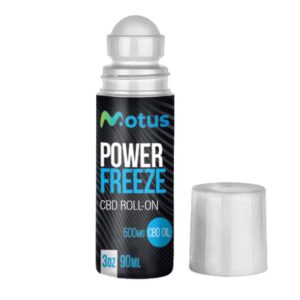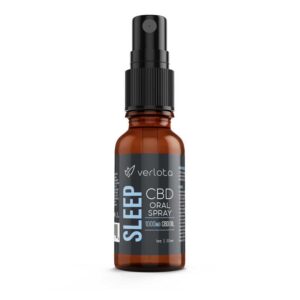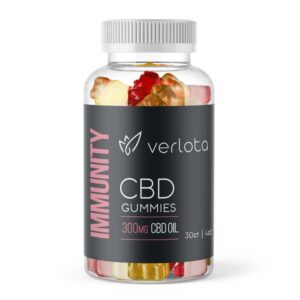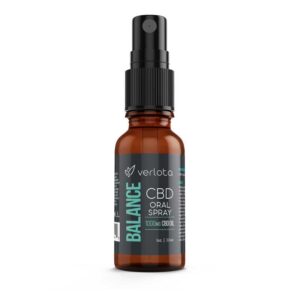Vitamin D plays a big role in the regulation and maintenance of both calcium and phosphorus in our blood streams, along with maintaining strong muscles and an intact immune system. Known as the sunshine vitamin, vitamin D is vital to our health especially in the colder parts of the world. With the number of Americans showing decreased levels of vitamin D over the last decade, getting the proper amount of vitamin D is more important than ever.
Although we call it a vitamin, vitamin D is in fact a prohormone that is commonly found in foods such as eggs, OJ , milk and healthy fatty fishes like halibut and salmon. Another great source and the most popular choice is vitamin D supplements, food and natural factors can only provide so much, using vitamin D supplements can ensure we get the daily recommend value we need. And of course you can also retain levels of vitamin D by simply sitting in the sun, but for some that isn’t always an option. Along with other benefits such as increased cognitive ability, stronger immunity health, healthy levels of vitamin D can also help potentially manage things like diabetes and heart disease.
Here we’ll break down everything about vitamin D that you need to know, from health benefits, uses, side effects and how to get enough vitamin D into your diet.
Vitamin D
How Much Vitamin D Should You Get?
The average adult should get 600 international units (IU) of vitamin D as their daily dose and over 800 IU vitamin D daily dose if they are over the age of 70.
There are a variety of foods that can help you achieve your vitamin D daily dose but many are too low in IU to achieve your vitamin D daily dose. That’s where vitamin D supplements come in, mixed with a diet of vitamin D and vitamin D supplements you can achieve your daily required intake of vitamin D.
Want to know how? Keep reading!
Vitamin D Benefits
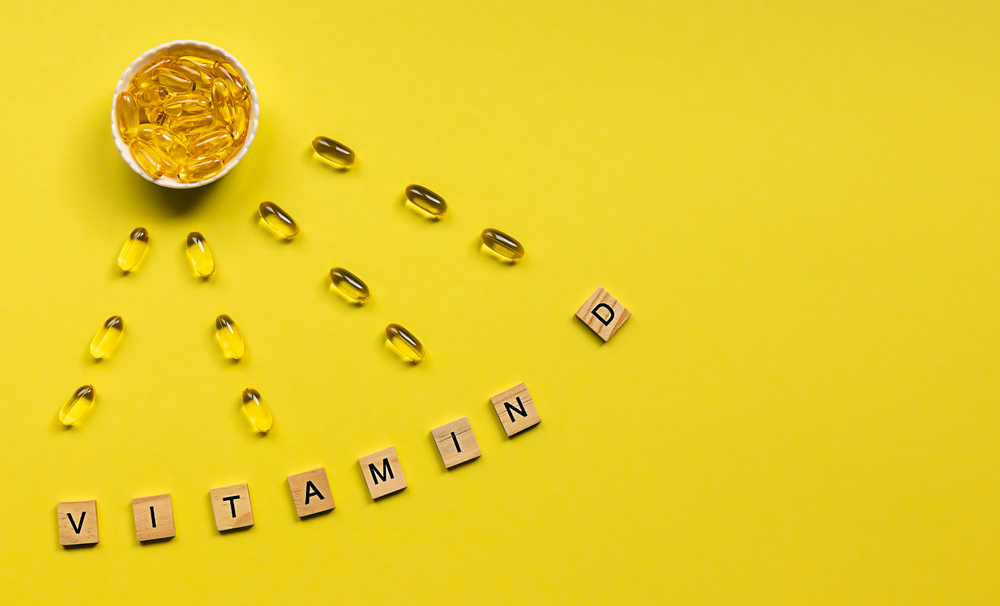
Muscle Strength
When the body doesn’t get its vitamin D daily dose there is a possibility that muscles can become weakened, increasing the risk of falls or injuries. Vitamin D has shown that it plays a role in helping strengthen muscles and helping normal muscle function. When individuals experience things such as muscle pain or weakness they should consider the possibility that they are suffering from a vitamin D deficiency. Vitamin D deficiency is a common issue for many people, especially those who do not have access to things such as regular sunshine or have dietary restrictions that limit vitamin D intake. It is recommended if you are experiencing muscle issues and potentially have low vitamin D intake you should speak to your physician who will recommend taking a vitamin D supplement.
Studies have shown that when you have a vitamin D deficiency and muscle weakness it is commonly found in older adults. Maintaining strong muscle health can contribute to increasing stronger mobility, lowering both the risk of falls and frailty. Research has been conducted in England on over 4000 adults over the age of 60, with 4 out of 10 having muscle weakness they showed a deficiency of vitamin D. Those who lacked the desired amount of vitamin D showed a significant increase in both impaired muscles and performance. [1]
Stronger Bones
Vitamin D is a strong force when it comes to building strong bones and maintaining healthy bone health. When the body receives enough vitamin D it helps with the regulation of calcium and keeps the phosphorus level maintained in the blood, both vital in maintaining healthy bones. When we get enough vitamin D our intestines are able to absorb calcium, reclaiming calcium that our kidneys would normally excrete. When we don’t get enough vitamin D our bones can potentially start to soften known as osteomalacia, which causes poor bone density and muscular weakness. Another key reason to maintain vitamin D levels is to prevent osteoporosis as we age, the older our bones get they start to diminish and become weaker with lack of vitamin D being a main culprit due to the body having a hard time retaining the right calcium levels.
Build Immune System and Tackle Inflammation
Vitamin D has the ability to help fight off different types of harmful bacteria and viruses, specifically helping the immune system stay balanced during winter months and the flu season. When we lack vitamin D our immune system can get too much stimulation, things like autoimmune diseases can start to set in, when there isn’t enough immune system activity infections can occur. Low levels of vitamin D doses have been associated with things like colds and influenza.
When there is a vitamin D deficiency detected in the body it can not only increase infection but also a risk of upper respiratory tract infections. With low levels of vitamin D the body is known to have low serum levels of calcitriol which can result in issues such as influenza, TB and viral respiratory infections.
How To Get Enough Vitamin D
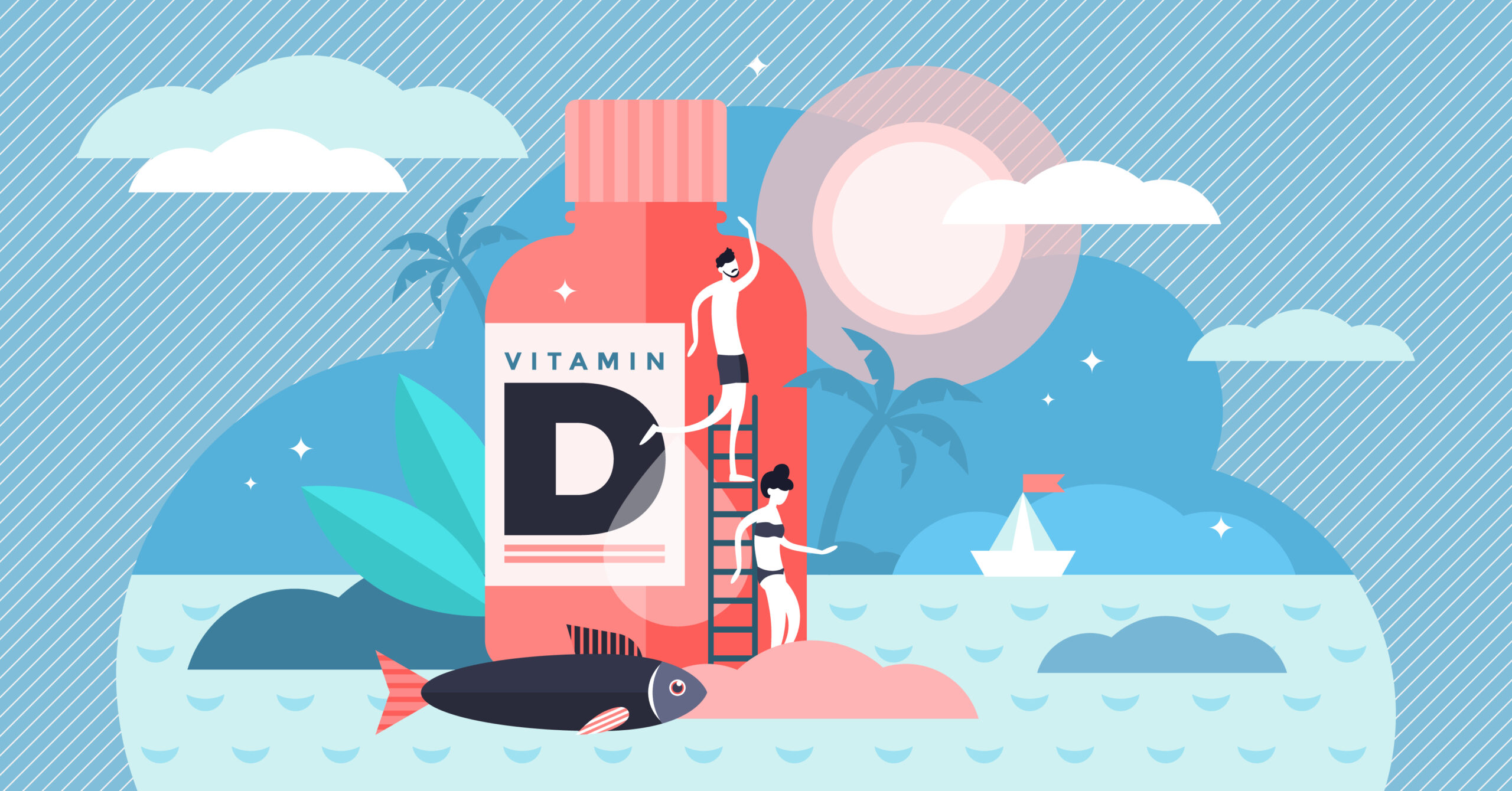
Food
Salmon
This popular fatty fish is a high source in vitamin D, the United States Department of Agriculture states that every 100 grams farmed salmon contains around 500 IU of vitamin D, this equals around 66% of the daily recommended value. The difference between farmed and wild salmon however makes a big difference. Wild caught salmon contains around 988 IU of vitamin D for every 100 grams, making it almost double of vitamin D of farmed salmon.
Cod Liver Oil
Another great source of vitamin D if you don’t like eating fish is cod liver oil. For every teaspoon of cod liver oil you can get upwards of over 400 IU per serving, making it over 50% of your daily intake recommended. Cod liver oil is also great for those are in need of additional vitamin A intake and omega-3 fatty acids.
Tuna
One of the easiest and most enjoyed methods of achieving your daily intake of vitamin D is canned tuna. It is a cheap option and easily consumed making it a common way for anyone to get a healthy dose of vitamin D. For every 100 grams of serving canned tuna offers 268 IU, around 34% of our daily value. However, when eating canned tuna it is important to keep in mind that it contains higher levels of mercury, if too much is consumed it can result in various health problems.
Egg Yolks
Eggs are high in various nutrients and vitamin D is one of them. Most of the protein found in eggs is largely found in the whites of the eggs while the nutrients, vitamins and fat are mostly found in the yolk area. One egg yolk usually contains around 37 IU, 5% of our daily value. The IU for each egg can however be significantly increased by both sun exposure and and the vitamin D found in the feed of chickens. Free roam chickens that are pasture raised offer 3-4 times higher vitamin D levels then the average egg.
Vitamin D Supplements
Vitmain D known as the sunshine vitamin and is labeled as hormone which is produced by the skin due to sunlight exposure. However, getting enough sunlight exposure can be difficult for some and with food sources only having a limited amount of vitamin D, a vitamin D supplement is usually the most common way to achieve your daily intake of vitamin D.
Taking a vitamin D supplement is a highly effective and simple, especially for those who are at risk of deficiency.
Known as a fat-soluble vitamin, vitamin D supplements are best paired with foods high in fat, making it best to take with a meal in enhance absorption. Pairing with foods like avocados, seeds, various nuts and dairy products can increase vitamin D blood levels versus taking it without a fat based meal.
Sunshine
Vitamin D is best sourced through getting plenty of sunshine. When our skin is exposed to sunlight it creates natural vitamin D from cholesterol, when the suns UV rays hit the cholesterol in our skin cells it produces vitamin D.
To achieve optimal amounts of vitamin D through sunshine it is recommended to get anywhere between 15-45 minutes of sunlight preferably during the midday, at least 3 times per week. Exposure time depends on skin color and how sensitive your skin is to sunlight, if your skin is darker you will need to spend more time exposed to the sun. Just don’t burn your skin. Those who live north of the equator tend to need more sunlight because of the weaker UV rays.
Vitamin D Side Effects
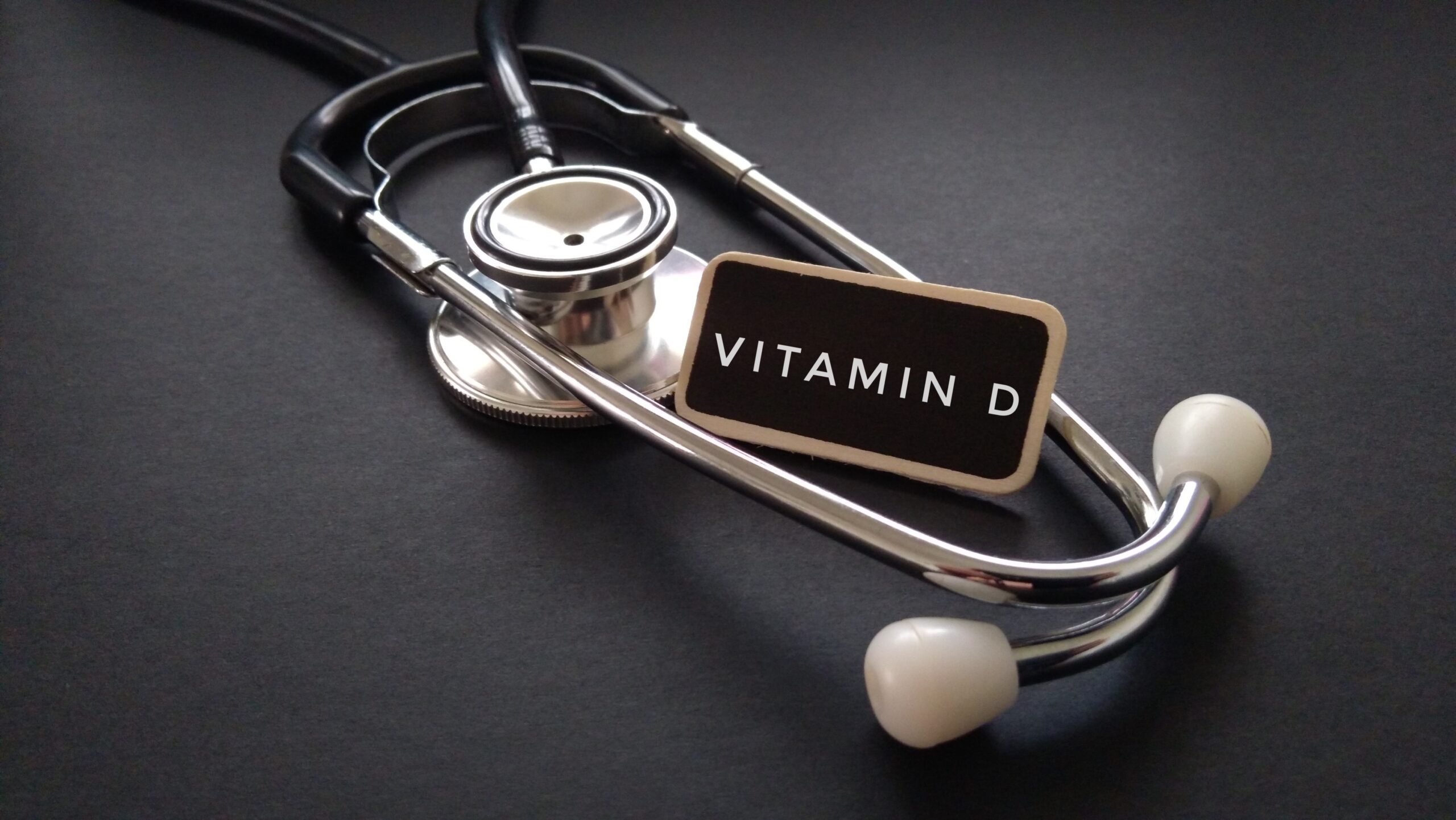
With most people getting their vitamin D intake from supplements there is a possibility that you can take too much vitamin D which can lead problems sometimes very serious. Although rare there are vitamin D side effect that can arise from too much vitamin D.
One vitamin D side effect concern can be elevated blood calcium levels, this is due to the fact that vitamin D helps the body absorb calcium when you eat certain foods. When you take vitamin D in excessive your blood calcium can reach unhealthy levels. Symptoms such as nausea vomiting and lack of appetite when our calcium levels become too high from vitamin D.
Another possible symptom of too much vitamin D is bone loss, yes vitamin D can increase bone strength, too much can lead to low levels of vitamin K2 in the blood which effects the calcium retention in the bones.
It is important to understand the required amount of dosage you need before taking vitamin D supplements. The rule of thumb is that 4000 IU per day of vitamin D is safe, but generally the average adult only need around 600-800 IU per day.
If you are taking vitamin D are are experiencing some of these symptoms, stop taking the vitamin D supplement and consult your physician.
FAQ’s
How can I increase my vitamin D level?
Vitamin D can be increased using foods high in vitamin D such as fatty fish and calcium rich foods. You can also use vitamin D supplements and spend a safe amount of time in the sun to help achieve optimal levels.
What does vitamin D do?
Vitamin D helps maintain the amount of calcium and phosphate in the body. Keeping bones, teeth and muscles healthy.
What happens when your vitamin D is low?
Vitamin D deficiency can lead to a loss of bone density, which can contribute to osteoporosis and fractures (broken bones).
How long do you have to be in the sun to get vitamin D?
Spend anywhere between 10-30 minutes in the midday sun to maintain healthy levels of vitamin D in the body.
Which vegetable is high in vitamin D?
Mushrooms contain some of the highest levels of vitamin D.
How long does it take to correct a vitamin D deficiency?
Taking around 2000 IU for 3-4 months can help improve vitamin D deficiency.
Are there any side effects what taking vitamin D?
It is very uncommon to experience vitamin D side effects, some side effects if too much vitamin D is taken can be weakness, fatigue, nausea and loss of appetite.
Do vitamin D tablets work?
Yes they can help increase vitamin D levels for children, adults and older adults who need to increase their levels.






